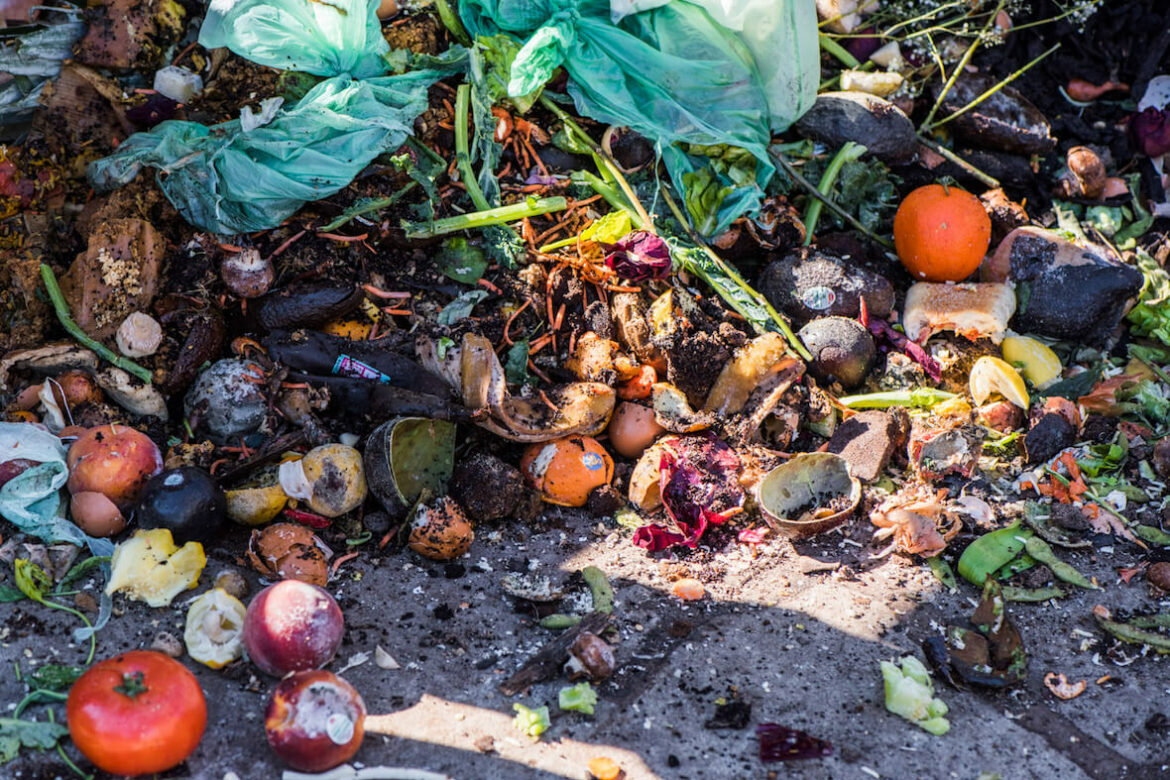
We know, we know: the city’s dominant grab-and-go eating habits create a lot of waste and—truth hurts—much of this waste never really goes away.
New Yorkers produce about 12,000 tons of waste every day and just a small percentage of it’s recycled. Food currently accounts for nearly 20 percent of the residential waste stream in New York City and that’s not including the significant amount of additional waste from packaging, plastic bags, Styrofoam and more.
“Trash goes into landfills, where it decomposes [and sends] methane, carbon dioxide and toxins into our air, soil and water,” the NYC Department of Sanitation (DSNY) explains online.
To bring the waste levels down, New York City is spearheading an initiative called 0x30 that encourages New Yorkers to work toward sending absolutely no waste to landfills by 2030. The city has a number of initiatives in place to achieve this goal, ultimately lightening our collective environmental impact.
Want to play your part but not sure how to begin? DSNY’s zero waste pledge is a useful guide. In general their website is full of tips and resources that can help you reduce your individual footprint.
For food waste specifically, here’s some additional guidance:
1. Learn how to properly prepare and store perishable foods. Eat leftovers.
2. Stop tossing food scraps in the garbage.
Instead, look into curbside organics collection that now serves many New York City neighborhoods and will be available to almost all city residents by the close of 2018. Rather than going to the landfill, DSNY uses this organic waste as either compost, renewable energy or natural soil amendments.
Your building doesn’t have a brown bin? Do a quick search to find out if your home is eligible for curbside service. If it is and you don’t have a bin, ask your landlord.
You can also research local drop-off sites and pickup services.
3. Say no to single use plastics including bags.
Bring your own reusable container when grabbing coffee, tea and other drinks. Know that according to NYC health code, businesses are allowed to refill mugs, bottles and other personal drink containers for you, too.
And if we’ve heard it once, we’ve heard it a hundred times: Carry along a tote bag or other reusable option instead of using plastic bags. Each year, city residents use more than 10 billion single-use carryout bags 🙃
4. When getting food to go, be conscious of packaging.
Think of grabbing food from places that dish out meals and snacks in reusable containers like Just Salad, Ancolie and Chobani Café. Or just sit and eat in if you can.
5. Recycle metal, glass, plastic and food cartons.
Unsure of what exactly to recycle? Get the full lowdown here.
6. Buy less.
Just across the board. We know it’s easy to follow the lure of overshopping (especially when the summer produce looks oh so good!) but try buying smaller quantities of fresh food and only restocking when you truly need more. You’ll save money, too.



